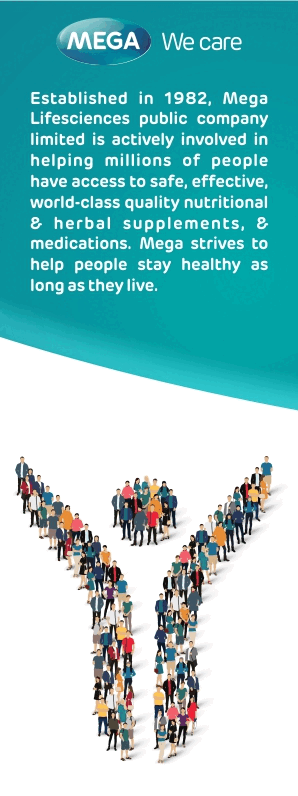Sexual and Reproductive Health Services Utilization among Adolescents in South Ethiopia: Examining the Role of Stigma, Social Support, and Self-Efficacy
DOI:
https://doi.org/10.69614/ejrh.v15i4.729Abstract
AbstractIntroduction: Despite the high burden of Sexual and Reproductive Health (SRH) during adolescence and it associated negative consequences. Yet, relatively little attention has been given to the role of stigma, social support, and self-efficacy in adolescents’ SRH services utilization. Therefore, this study aimed to examine the role of stigma, social support, and self-efficacy in adolescents’ SRH services utilization in South Ethiopia.
Methods: A total of 1172 adolescents were selected using a multistage stratified random sampling method. Correlation analysis was performed to identify relationships between the variables. A structural equation model was used to examine the chain and single mediating roles of self-efficacy and perceived social support.
Results: This study found that the direct, indirect, and overall effects of SRH-related stigma on the utilization of SRH services were significant. A single mediation effect via perceived social support was -0.0017 [bootstrap 95% CI: -0.0026, -0.0007] and self-efficacy was -0.00123 [bootstrap 95% CI: (-0.0023, -0.0002)] in the association between SRH service utilization and SRH-related stigma. The chain mediation effect test showed that perceived social support and self-efficacy mediated the effect of SRH-related stigma on SRH service utilization, with a mediation effect score of -0.0025 [bootstrap 95% CI: (-0 .0034, -0.0015)].
Conclusion: The association between SRH-related stigma and SRH service utilization was partially mediated by self-efficacy and perceived social support. The chain mediation effect test also confirmed that perceived social support and self-efficacy sequentially mediated the effect of SRH-related stigma on SRH service utilization. Therefore, designing comprehensive interventions that target “3S” stigma, social support, and self-efficacy may be effective in improving service utilization.
Keywords: Adolescents; Sexual and Reproductive Health Service; Stigma; Self-efficacy, Perceived social support; South Ethiopia.



